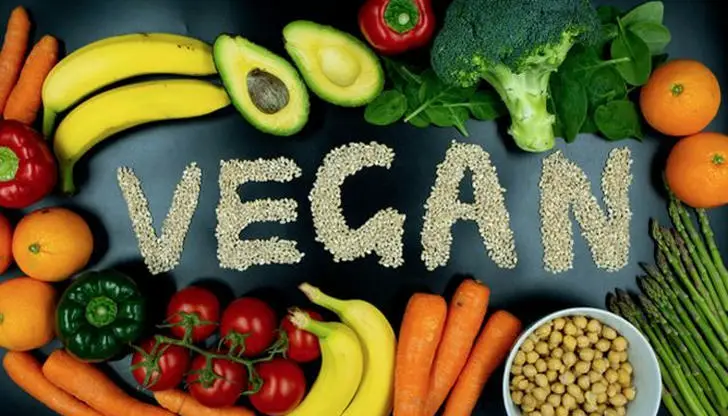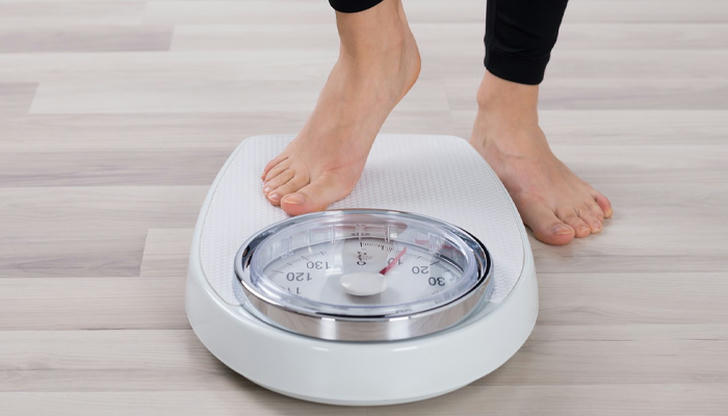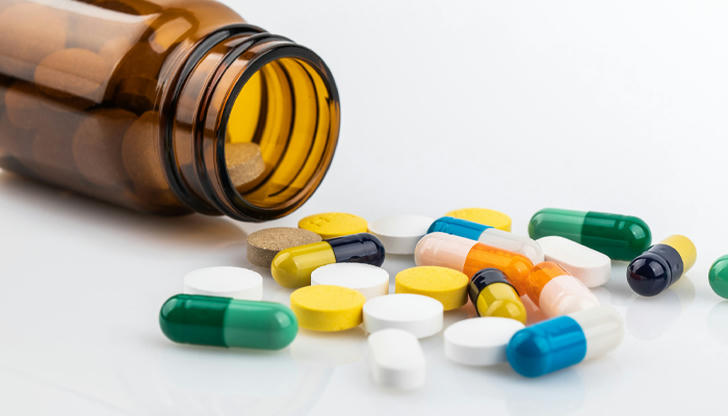Preventing Cancer: Foods, Supplements and Lifestyle Changes You Need to Know?
Advertisement

Regardless of your genetic makeup and family history, you have the power to reduce your risk of developing cancer. In fact, there are many things you can do today that will have a positive long-term impact on your health.
These lifestyle changes won’t cure you if you have pre-existing cancer or help prevent it from returning once it’s been eliminated from your body. Rather, incorporating these strategies into your daily routine is an excellent way to reduce the likelihood that cancer will develop in the first place. Let’s take a look at some of the most well-documented ways to reduce your risk of developing cancer.
Can cancer be prevented?
Not all cancers are preventable, but there are things you can do to reduce your risk, including not smoking and maintaining a healthy weight.
The world around us also affects how healthy we are. However, it’s up to you to make healthy changes and reduce your cancer risk.
Can I be sure I won't get cancer?
No, but making healthy changes does help reduce risk. There are some things we cannot change that increase the risk of cancer. These include things like getting older and a family history of cancer.
Use this page to explore six things that can reduce your cancer risk. Remember, you can also talk to your doctor if you are concerned about your cancer risk.
•Go green

Research suggests that eating a diet rich in leafy greens (such as spinach, kale, collards or Swiss chard) is associated with a reduced risk of developing certain cancers. Because these vegetables are rich in carotenoids (plant pigments that can be converted into vitamin A), researchers believe that increased consumption may increase blood levels of retinol, an essential precursor for vitamin A that has been shown to reduce risk of colorectal cancer.
•Stay lean

We all know that obesity is an enormous risk factor for developing a number of diseases, including cancer. However, the actual mechanisms by which obesity promotes cancer growth is poorly understood. Studies show that a diet high in red meat and processed meats (like hot dogs, sausages and bacon) significantly increases one’s risk of colon cancer. Research also indicates that a diet high in fibre (such as is found in whole grains, legumes and fruits and vegetables) may reduce the risk of colon cancer.
•Watch your weight

We’ve already discussed the importance of maintaining a healthy weight, but how exactly does weight affect cancer risk? Researchers have observed that the higher one’s BMI is, the more likely one is to develop certain cancers. It’s important to note that the effects of excess weight on cancer aren’t immediate. Researchers believe that it may take decades for weight to really affect cancer risk.
•Move your body

Exercising regularly has been shown to reduce the risk of developing a number of cancers, including breast, colorectal, endometrial, ovarian, pancreatic and prostate. However, the specific effects of exercise on cancer risk aren’t entirely understood. The most compelling explanation for the positive effects of physical activity on cancer development is that exercise reduces chronic systemic low-grade inflammation, which has been linked to increased risk of cancer. Exercise also increases blood flow, which may help the immune system fight cancerous cells.
•Maintain a healthy diet

The relationship between diet and cancer is complex. Certain foods have been shown to either increase or decrease risk of specific cancers. Researchers don’t fully understand how or why certain foods affect risk of cancer, but they know there’s a strong connection. Potential dietary risk factors include high red meat intake, low fibre intake, low legume intake and low fruit and vegetable intake. Those who eat a healthy diet and follow recommended dietary guidelines have been shown to have lower rates of certain cancers, including colorectal, breast, ovarian and pancreatic.
•Supplement wisely

You may have heard that certain supplements can prevent cancer. But before you go out and buy a new cancer-prevention cocktail, there’s a few things you should know. Some studies have shown that taking certain dietary supplements may reduce the risk of developing certain cancers. However, the majority of studies on dietary supplements and cancer risk are observational, meaning they’re unable to prove a direct cause-and-effect relationship. Therefore, it’s difficult to determine what doses and types of supplements should be recommended.
In short, don’t take supplements in hopes of preventing cancer. Instead, focus on eating a healthy diet and exercising regularly. It’s also important to note that certain supplements may increase risk of certain cancers. For example, long-term use of vitamin B6 may increase the risk of developing pancreatic cancer.



